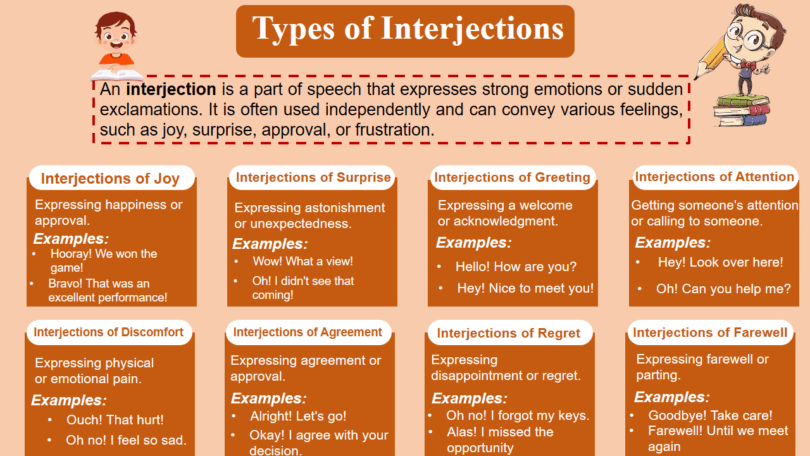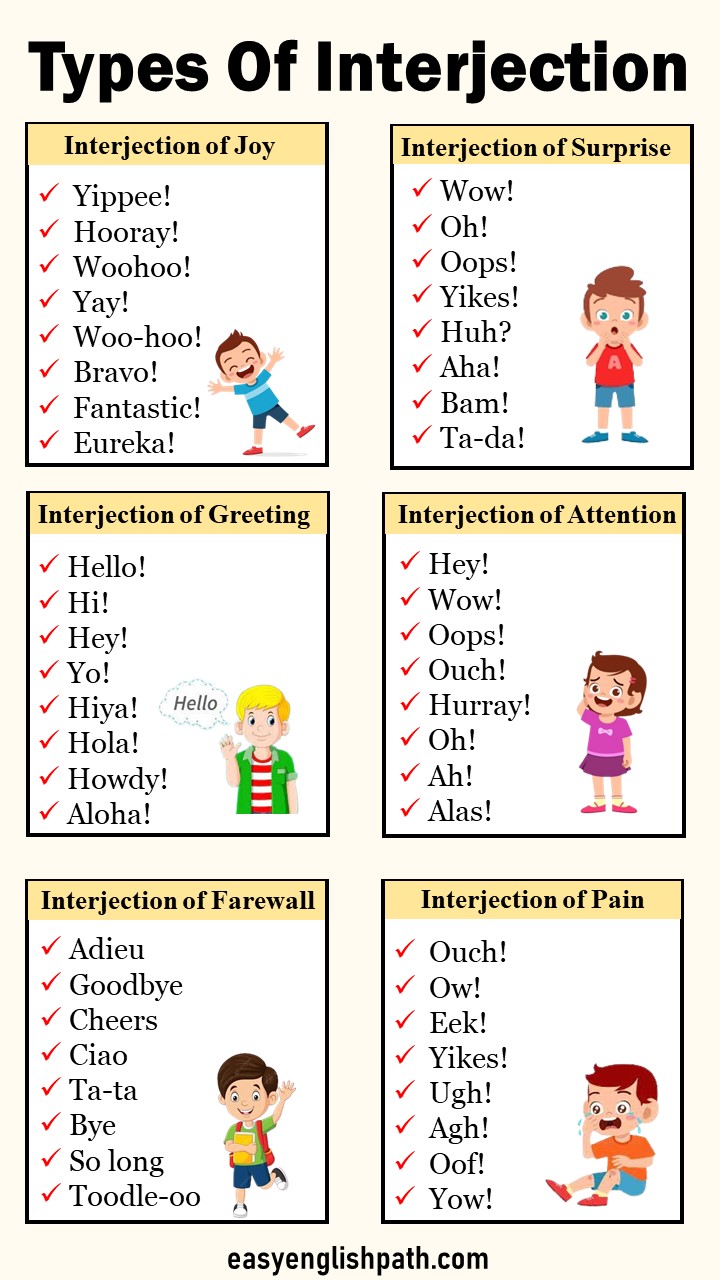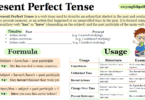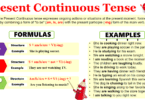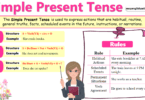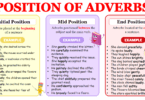A volitive interjection is a kind of word or phrase that expresses a strong desire, wish, or command. It’s like when you say “Wow!” or “Yay!” to show excitement, or when you say “Please!” to ask for something. These words express your feelings or what you want strongly.
Examples:
- Please: Please close the door gently.
- Let’s: Let’s go for a walk in the park.
- Can: Can you pass me the salt, please?
- Will: Will you help me with my homework?
- May: May I use your phone for a moment?
- Could: you turn down the volume a bit?
- Would: Would you like some ice cream?
- Do: Do your best in the exam!
- Shall: Shall we meet at the coffee shop?
- Might: Might I borrow your umbrella?
Volitive interjections express a desire, request, suggestion, or permission. They often begin with bolded words such as “Please,” “Let’s,” and “Can,” and convey a speaker’s intention or preference straightforwardly.
Interjections of Joy:
Interjections of Joy are words or phrases that express happiness and excitement. These words are like bursts of emotion, often used to share or show delight. Common interjections of joy include expressions like “Wow!“, “Yay!“, “Hooray!“, “Yippee!“, and “Awesome!”
Examples:
- Wow! That’s amazing!
- Yay! We won the game!
- Hooray! It’s my birthday!
- Yippee! It’s snowing!
- Awesome! We’re going on vacation!
Expressing joy is an essential part of communication. Using bold interjections like “Yay,” “Hooray,” and “Wow” adds excitement to our expressions. Whether celebrating achievements or enjoying moments, these simple words convey happiness and enthusiasm in the easiest English.
Interjections of Surprise:
Interjections of surprise are words or phrases we use to show strong emotions like shock, amazement, or disbelief. These words often pop up in conversation when something unexpected happens.
Examples:
- “Wow, that’s amazing!”
- “Oh my goodness, I can’t believe it!”
- “Oh no, what a surprise!”
These expressions add emphasis and convey our immediate reactions to surprising situations. They are like verbal reactions that help others understand our feelings quickly.
Interjections of Greeting:
Interjections of greeting are words or expressions used to say hello or welcome someone. They are often short and convey friendliness or acknowledgment.
Examples:
- Hello: Used as a common and polite greeting.
- Hi: Informal way to say hello, often used among friends.
- Hey: Casual greeting to get someone’s attention or express enthusiasm.
- Howdy: Informal and friendly way to say hello, commonly used in some regions.
- Greetings: A formal and somewhat old-fashioned way to say hello.
interjections of greeting are simple expressions used to welcome or acknowledge others, and they include words like “Hello,” “Hi,” “Hey,” “Howdy,” and “Greetings.”
Interjections of Discomfort:
Interjections of Discomfort are words or phrases used to express unease, pain, or displeasure. They are often spontaneous and convey a speaker’s immediate reaction to a situation.
Examples:
- Ouch! – Used when you suddenly feel pain, like stubbing your toe.
- Ugh! – Expresses general disgust or displeasure.
- Ew! – Indicates strong distaste or aversion to something unpleasant.
- Yikes! – Shows surprise or discomfort in response to an unexpected or alarming situation.
- Oh no! – Conveys a sense of worry or concern about a negative development.
Interjections of discomfort, such as “Ouch,” “Ugh,” “Ew,” “Yikes,” and “Oh no,” are simple expressions used to quickly convey unease, pain, or displeasure in various situations. They provide a direct and immediate way to communicate discomfort without the need for elaborate explanations.
Interjections of Agreement:
Interjections of agreement are words or phrases used to show approval or support in a conversation. These expressions convey positive feelings and agreement with what someone else has said.
Examples:
- Wow! That’s a fantastic idea.
- Great! I agree with you.
- Exactly! You nailed it.
- Sure! I’m on board with that plan.
- Absolutely! Your point makes perfect sense.
Interjections of agreement, like Wow, Great, Exactly, Sure, and Absolutely, express approval and support in a conversation, highlighting agreement with the speaker’s point.
Interjections of Regret:
Interjections of regret are words or phrases that express feelings of sorrow or disappointment. They often convey a sense of wishing something had turned out differently. Here are five examples:
Examples:
- Oh no! I left my keys at home.
- Oops! I spilled my coffee on the new carpet.
- Alas! I missed the last train.
- Darn! I burned the dinner.
- Aww! I broke my favorite mug.
Interjections of regret are expressions used to show sadness or disappointment about something that has happened. They add emotion to our language and help convey our feelings more vividly.
Interjections of Farewell:
Interjections of Farewell are words or phrases we use when saying goodbye to someone. They express our feelings and good wishes as we part ways.
Examples:
- Goodbye: The most common way to say farewell.
- Farewell: A more formal way to say goodbye.
- See you later: Indicates that you plan to see the person again.
- Take care: Shows concern for the other person’s well-being.
- So long: A casual and informal way of saying goodbye.
Interjections of Farewell are expressions we use when we leave someone. They can be formal, like “Farewell,” or casual, like “See you later.” These words convey our good wishes and the hope of meeting again.
Types of Interjection Exercise:
1. What is an interjection?
a. A verb
b. A type of sentence
c. A part of speech
d. A conjunction
2. Which interjection expresses surprise?
a. Oh
b. Hey
c. Hurray
d. Alas
3. Identify the interjection expressing pain or distress:
a. Yippee
b. Ouch,
c. Bravo
d. Eureka
4. Select the interjection used to express joy or excitement:
a. Oops
b. Ah,
c. Yikes
d. Yippee
5. Which of the following is an interjection used to greet someone?
a. Ugh
b. Hooray,
c. Hello
d. Oops
6. Identify the interjection used to express approval or agreement:
a. Well
b. Huh
c. Yay
d. Gosh
7. Choose the interjection that expresses disbelief or shock:
a. Wow
b. Alas
c. Um
d. Phew
8. What is the interjection used to call attention or express surprise?
a. Shh
b. Hey
c. Hmmm,
d. Oops
9. Select the interjection often used to express relief:
a. Yay
b. Phew
c. Oh no
d. Oops
10. Which interjection is used to express regret or sorrow?
a. Yippee
b. Boo
c. Alas
d. Hooray
Answers:
- c. A part of speech
- a. Oh
- b. Ouch,
- d. Yippee
- c. Hello,
- c. Yay
- b. Alas
- b. Hey
- b. Phew
- c. Alas
You May Also Like
Finite and Non-finite Verbs
Types of adverbs

